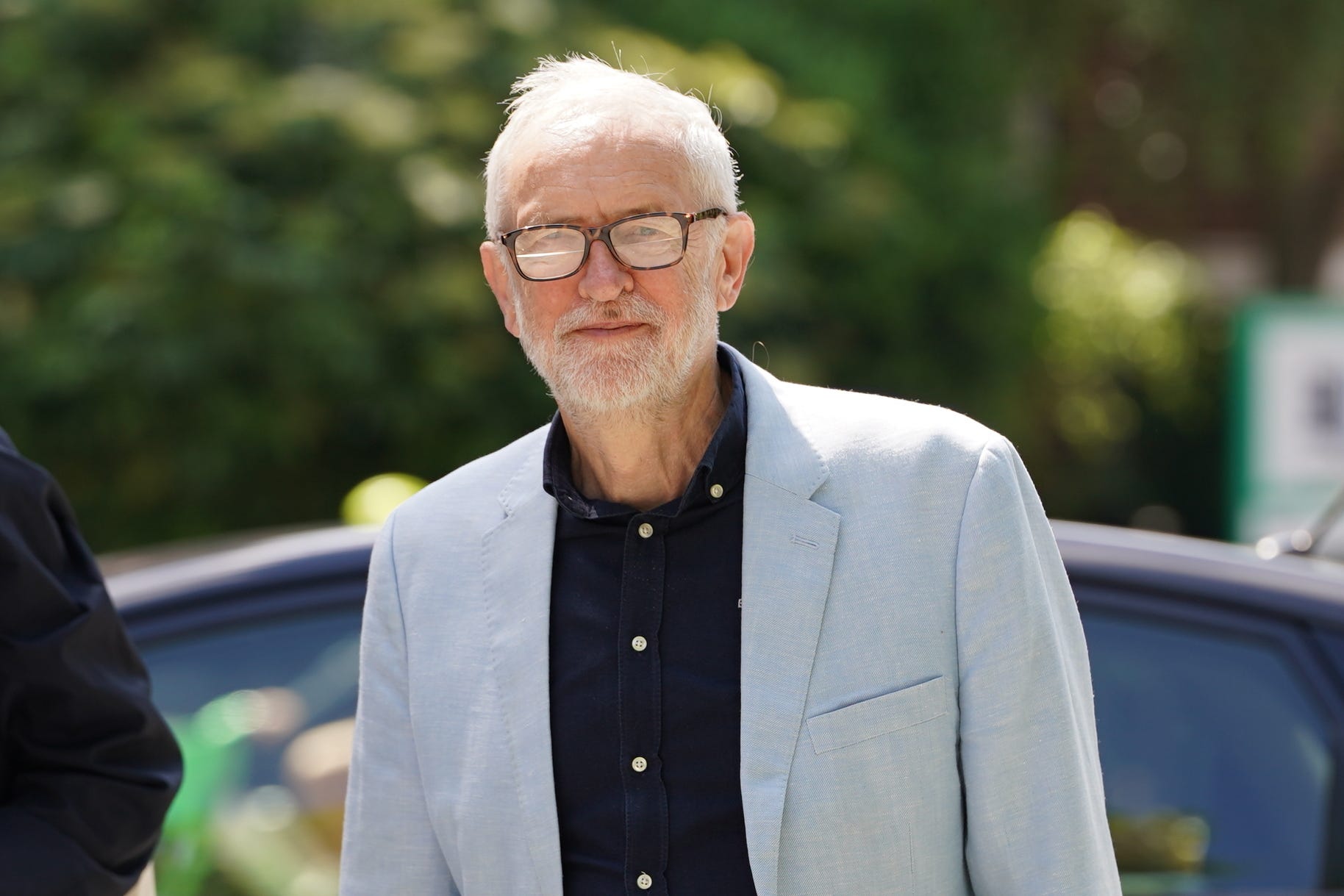Starmer has rebuilt Labour’s trust with Britain’s poorest, new research finds
Under Jeremy Corbyn Labour was seen as the ‘most out of touch’ party by people on the lowest incomes, now it is the Tories
Labour has rebuilt its relationship with low-income people and is no longer “out of touch”, according to a new study by a major think-tank, while the Conservatives have lost ground significantly.
Five years ago, Labour was seen as the most “out of touch” party, according to voters on the lowest incomes (some 6 million households with an income of less than £21,000).
Nearly half of those questioned in 2019 (45 per cent) regarded Labour as ‘out of touch”. But this figure has plummeted under Sir Keir Starmer’s leadership with just of a quarter of low-income people (27 per cent) now taking this view.
The Conservative Party now hold this unenviable reputation with 40 per cent of the poorest voters seeing it as out of touch, up 6 per cent since 2019.

The figures come from Breadline Britain’s Election Battleground, a new report from the Centre for Social Justice, which commissioned polling by Survation.
Labour is overwhelmingly the most popular party amongst the poorest, with half of those polled saying they would vote for it. This is a 14 per cent increase since 2019. Meanwhile, Conservative support among this group has dropped by 8 per cent to just 15 per cent overall.
However, despite Labour regaining ground among low-income voters, the report warns that politicians remain deeply unpopular, with more than half of low-income voters, 57 per cent, saying that “no political party really cares about helping people like me”.
It points to a clear disconnect between low-income voters and the politicians who are meant to represent them. Over three quarters (76 per cent) of the poorest say they have never met or spoken to their local MP.

The report is unequivocal: “there is absolutely no change across the five years in the proportions of low-income voters who think the Conservative and Labour parties don’t understand what it’s like to struggle”.
The CSJ’s analysis identifies five clear national challenges that the next government need to focus on: good work, stable families, strong communities, public safety, and giving children the best start in life.
They go on to provide five recommendations for political parties looking to win the votes of low-income households: Make work pay, create safe streets, build stable communities, support fragile families, and champion the lost generation .
Andy Cook, chief executive of the Centre for Social Justice, said: “The more voters feel listened to by a party, the more in-touch the parties are, the more likely they are to vote for that party.
“It is time for all parties to make social justice their priority. Not simply because it is the right thing to do, but because it strengthens our democracy and re-engages people with their political representatives. Only this will end lure of the populists, with their “curse on all your houses” politics, who want us to waste our vote in protest, rather than on solutions.
“I am an optimist. We can do better. If we focus on the long-term root causes of our troubles – like making work pay and supporting fragile families - rather than quick-fix sticking plasters, then we have the talent and resources to rebuild our future.”
Join our commenting forum
Join thought-provoking conversations, follow other Independent readers and see their replies
Comments
Bookmark popover
Removed from bookmarks